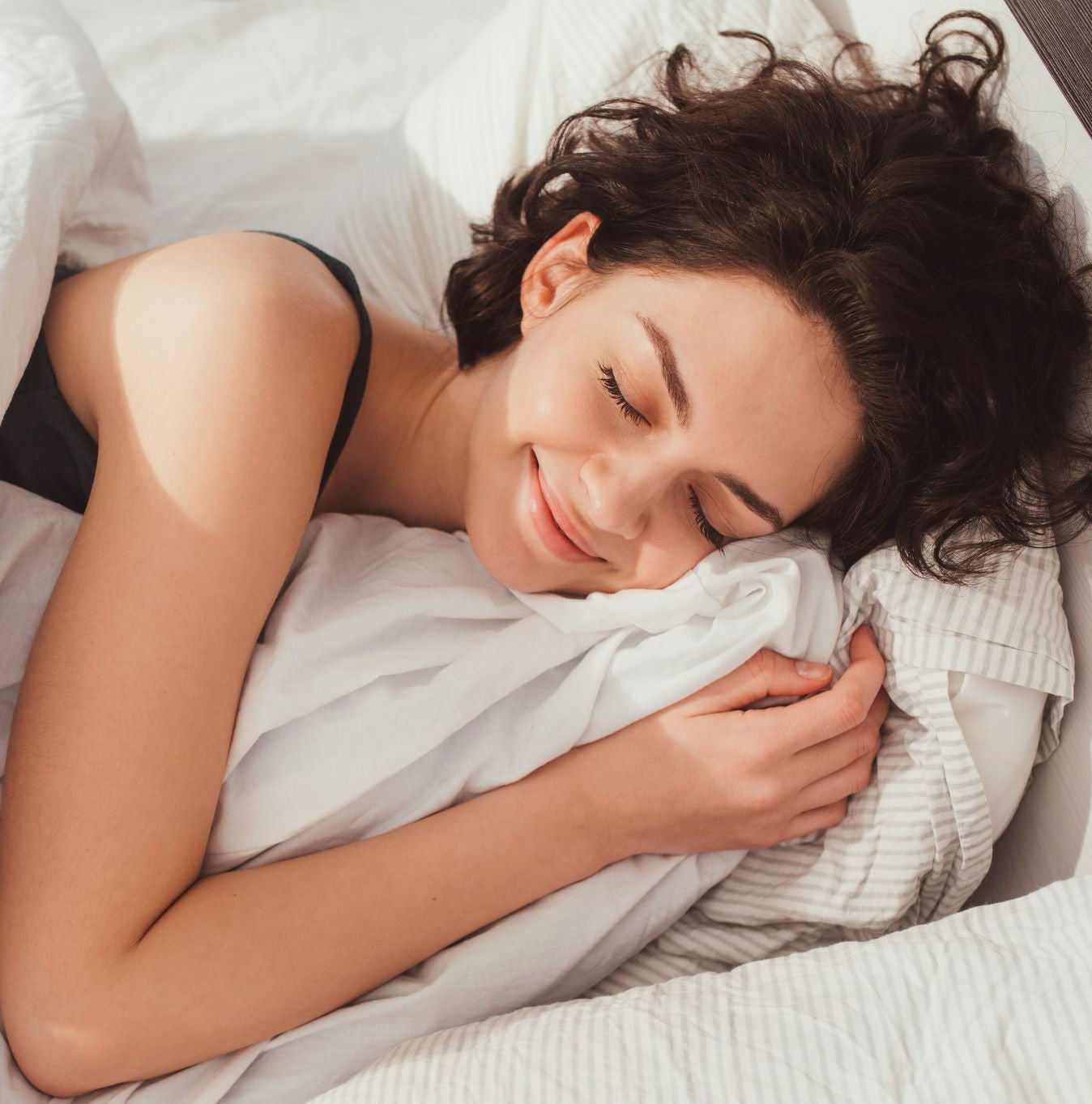
A natural temporary state of rest, sleep occurs when an individual becomes physically inactive and unaware of his environment while many bodily functions slow down.
Sleep is one of the pillars of wellness that supports physical well-being. Complemented with good nutrition and exercise, a good night's sleep enables one to achieve a healthy and holistic lifestyle. Getting the appropriate number of hours of sleep each night (7-9 hours for most adults) rejuvenates the body, enhances immunity, improves cognitive ability, and balances metabolism. The body recharges and gets to work while sleeping so you’ll wake up energetic and alert, allowing you to have a good disposition and letting you do all the things you enjoy.

On the other hand, when one gets inadequate sleep they can experience daytime sleepiness, lack alertness, impaired memory, and diminished quality of life. Prolonged lack of sleep often leads to serious and long-term problems such as high blood pressure, diabetes, or heart problems, including obesity, depression, impaired immunity, and lower sex drive.
So what does it take to sleep better at night? Here are some tips to remember to achieve that sweet slumber:
Get in sync with your circadian rhythm (natural sleep-wake cycle).
Follow a proper sleep schedule by waking and sleeping at consistent times to set your internal body clock and optimise sleep quality. You’ll wake up refreshed if you sleep the same number of hours, even on weekends.

Reduce your exposure to blue light in the evening.
Unplug within 1-2 hours of your bedtime as the blue light emitted by your digital gadgets and TV is disruptive. Blue light exposure reduces the production of melatonin, a naturally occurring hormone controlled by light exposure that helps regulate your circadian rhythm.
Take time to exercise regularly, but not at night.
Exercising regularly helps you sleep better at night and keeps you alert during the day. It also improves the symptoms of insomnia and sleep apnea. Late-night exercises result in increased alertness which prevents sleep.

Watch what you eat and drink at night.
Avoid drinking large amounts of caffeine after 3-4 pm as it disrupts sleep. Eating rich, heavy meals at night can lead to indigestion and heartburn while taking in too much liquid in the evening can lead to frequent bathroom trips throughout the night.
Stick to your pre-bedtime rituals.
Have a bedtime routine to help relax and de-stress your mind and body as you prepare for better sleep. Meditation or deep breathing exercises can lower your stress level and calm your nerves.
Optimise your sleep environment.
These are the factors that affect your sleep environment: temperature, noise, external lights, and furniture arrangement. Maximise your room ambiance by diffusing sleep-inducing essential oils from Banyan Tree such as Lavender, Calming, and Sleep. Make sure that your bedroom is comfortable by keeping it clean, cool, and clutter-free.
Always remember that to achieve optimal well-being, make sleep a top priority and reap the benefits of practicing a good sleeping habit.
References:
Banyan Tree Well-being
https://www.helpguide.org/articles/sleep/getting-better-sleep.htm


